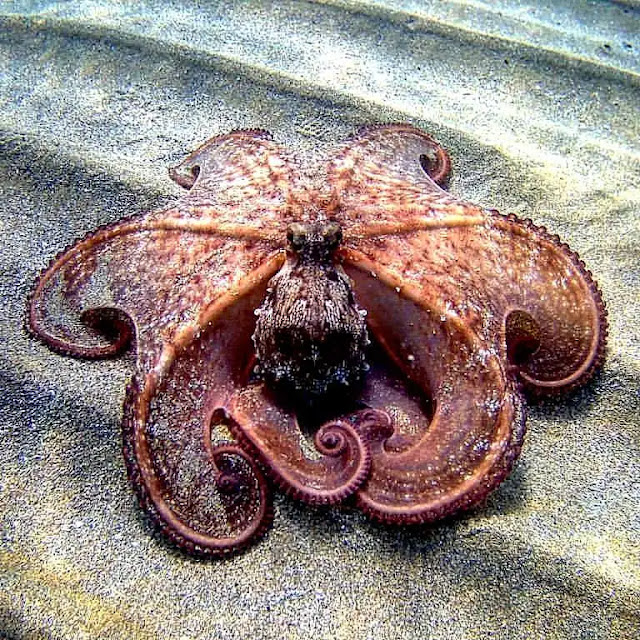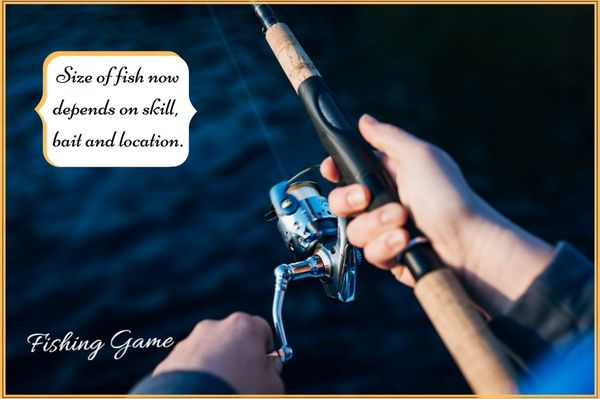What is an Octopus?
The octopus is a cephalopod mollusc that has eight arms and typically a roundish body. It was the first invertebrate to have its genome sequenced. The octopus is called an intelligent creature because it has three hearts, blue blood, and eyes on its tentacles. They are also one of the most intelligent invertebrates with their ability to solve puzzles and make problem-solving decisions.
Cephalopods are invertebrates that have no true bone, and the octopus is no exception. The animal's body contains eight arms which each have a suction cup. They are also known to be able to change their colour and pattern, as well as flatten their body when needed. Their bodies typically contain water (which they're able to control) like a fish, and they have gills on their head instead of lungs. They've also been known to change colour to blend in with their surroundings.
Tips on How to Catch an Octopus and the Best Ways to Store Them
Octopuses are some of the most intelligent animals that can exist on this planet. They are small, but they pack a punch. Their intelligence is needed for catching these little squishy creatures because they can use their tentacles and arms to camouflage themselves from their surroundings; making it difficult to see them. The best way to store an octopus is in a plastic container or a zip-topic bag, so you don't have to worry about your arms getting stuck in the net.
You should also make sure that the bag is airtight so that it doesn't dry out and kill your octopus. Octopuses don't need much care to survive. It's best to start with two small containers so you can keep them in one and give the other to your mom, grandma, or dad. Then you should buy a bigger container for housing purposes; they need something at least 3 gallons of water per octopus.
Be sure to keep your octopus's tank clean and try not to have anything in the water that will harm them (i.e. sharp objects). If you start seeing stains, do some research on how to clean it up or use a product that specifically states it can remove algae or stains. Octopuses are nocturnal creatures, so if you want to play with them during the day, try keeping them in a dark place. The best place to keep an octopus is below the water line in a tank that's at least 6 inches deep.
How to Prepare for A Fishing Trip and What You Need To Bring With You
Fishing is an activity that takes a lot of preparation and planning. When going on a fishing trip, you need to bring the appropriate equipment and supplies with you. Some of the items that are needed for a fishing trip include:
- Rod and reel
- Fishing pole
- Fishing line
- Hooks or plugs
- Tackle box with sufficient tools, bait and hooks in it.
- Fish finder to locate schools of fish
- Boat or life jacket
- Fishing license
Fishing tackle box The following list is all the equipment that is needed in order to go fishing:
Rod and reel: The rod should be long enough to reach the water surface and sufficiently strong to fish with. The line should be of good quality, strong and durable so that it does not break easily. The reel should be of good quality and strong so that it does not break easily.
Fishing pole: A pole or rod is needed to fish with. The blade should be long enough for use and it should have a comfortable grip, especially if you are fishing for long periods of time.
Fishing line: This is the cord that is used in fishing to connect the hook with the bait or lure. It should be strong, durable and of good quality so that it does not break easily.
Hooks or plugs: This is needed in order to catch fish during fishing trips. They are either inserted into bait or lure, used on a hook and then thrown into the water. They can also be made from a wire and then inserted into bait or lure.
Bait or lure: This is used to attract fish and is usually anything that the fish are attracted to. It can be made of metal, bait or a rubber material like plastic.
Fishing rod holders: Sometimes your fishing hook will snag on something and it can be difficult to pull it out without help.
The Other Important Details To Consider When Planning Your Next Excursion
When you plan your next excursion, consider the following:
- Time of year and seasons
- Weather that day
- Which activities you’re interested in doing and how physically demanding they are
- What you will need for the activities
- How long you will be gone
- Where you are going to be travelling
- If you are travelling internationally, you should have your passport on hand
- What your plans are in the event of an emergency
- What you will need to know about public transportation
- Your medications if you’re taking them
- What are your home emergency contacts are
Learn the Best Fishing Techniques for Catching More Fish & Avoiding Getting Scammed
Fishing is a sport enjoyed by many people around the world. It is not only for outdoorsmen; you can enjoy fishing from your own backyard. There are even some fish that can be caught using worm bait and these techniques are perfect for beginners.
Using this guide, you will learn fishing techniques that will allow you to catch more fish and avoid getting scammed. You'll also gain insight into specific baitfish, water depth, and other tricks of the trade!
If you love fishing and want to learn more tricks to help increase your chances of catching more fish then this article is perfect for you.









.png)














0 Comments